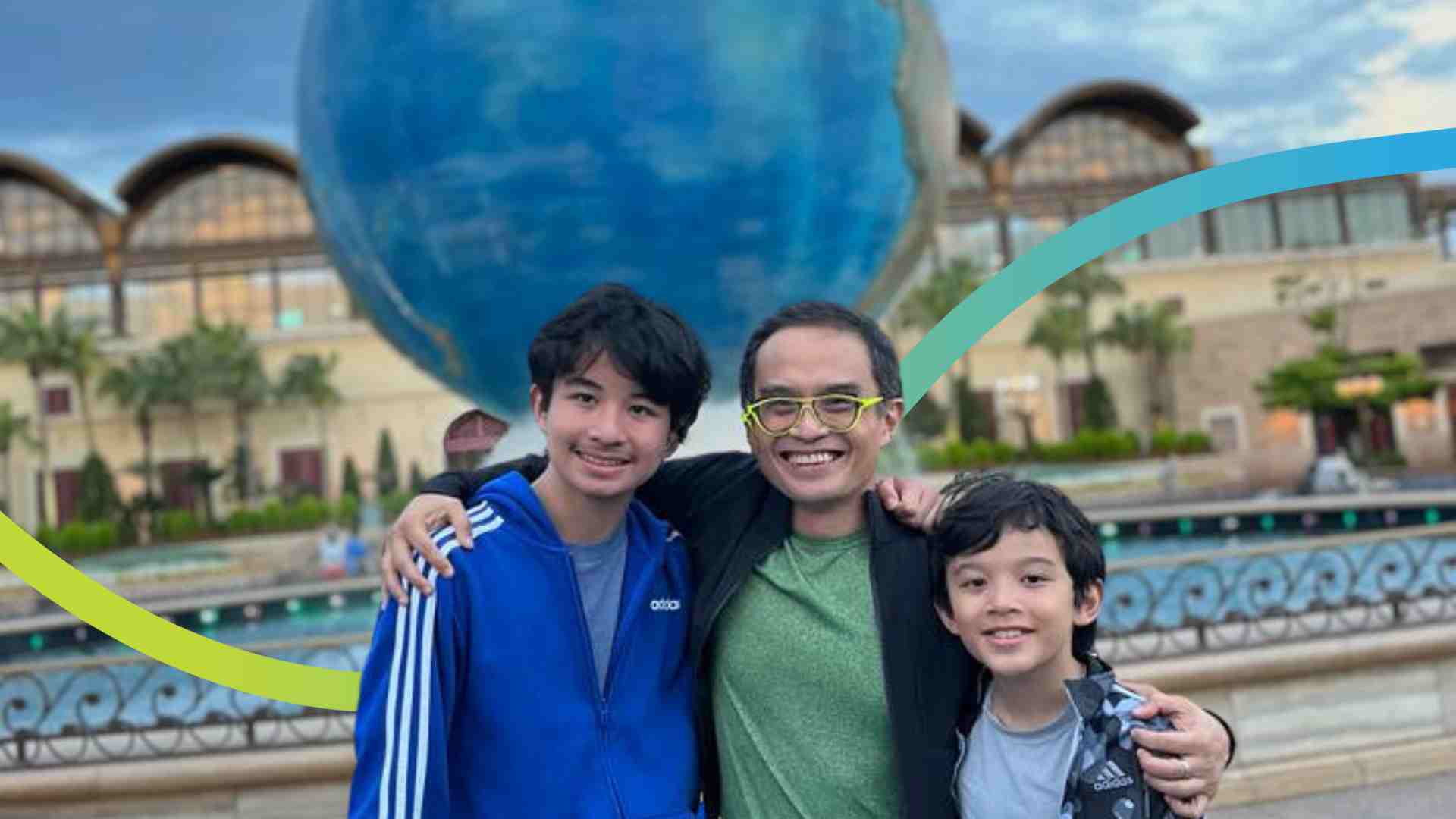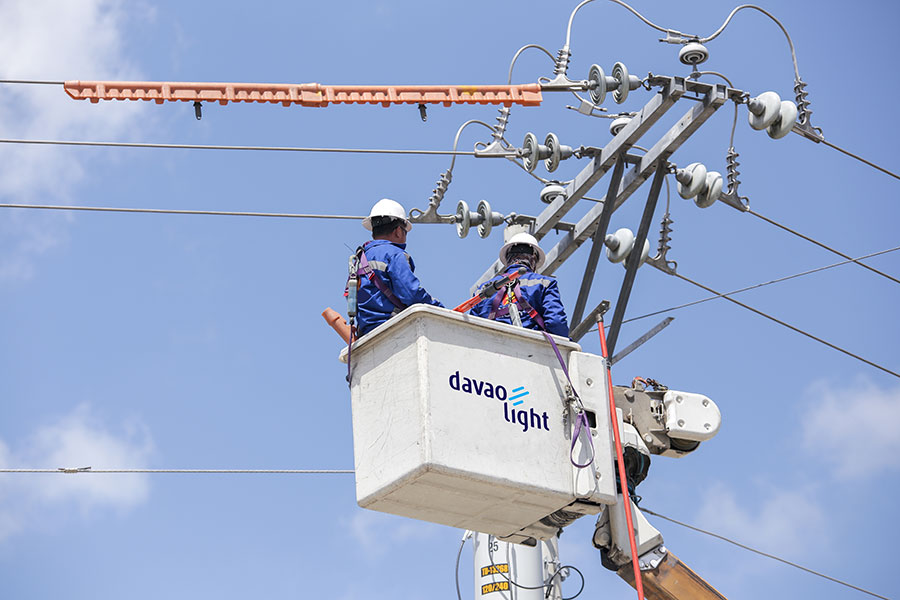Dear Beloved Child,
“How could you work for the Power Company, Dad?”, you once asked me over dinner. It must have been just after you had a school discussion on various sources of electricity. You were quoting words like renewable energy, hydropower, wind farms and other terms. “Power companies aren’t good for the environment”, you next blurted and then you talked about climate change, sustainability, COP 27 and many more things. “Don’t you know that renewable energy is cheaper?”
I wish I could have answered you right there and then with a simple, one-line answer. But I’ll beg your indulgence to tell you why Dad doesn’t just work for the Power Company but proudly works for one. It won't be an Instagrammable answer but it is, I think, the right answer.
I proudly work for the Power Company because I get to empower people’s lives every day. Because of what my colleagues and I do, homes have lighting, hospitals can operate their theaters, computers can be turned on, manufacturing facilities can build things, and many other modern day conveniences can ensue. There aren’t many things in life that you expect to be available as and when you need it — come rain or shine, whether it’s at 8 am Monday or 11 pm on Thursday — with a flick of a switch like power. Human progress, Philippine development, and Filipino well-being are all significantly touched one way or another by power.
I proudly work in this industry because we make decisions that seek to get the best “combined results” for goals that can sometimes be at odds with each other. We want to see efforts to combat climate change, show care for the environment, decarbonize the world but we don’t do those in a vacuum because, at the same time, we want to provide jobs and reduce poverty, fight malnutrition, get quality education to more children, provide safe drinking water, and many others. In the Philippines, unemployment and hunger incidents are still major problems. Three out of ten Filipino children experience childhood stunting due to malnutrition. One out of four Filipinos die due to cardiovascular disease, cancer, and chronic respiratory disease. Five out of ten Filipinos do not have access to safely managed drinking water services. Our job is to balance these trade-offs to determine the best possible outcomes. For example, we could move towards using more expensive technology but where would that leave the consumers; every peso they have to spend on power becomes one less peso they spend on healthcare. Take solar power as another example. Solar farms tend to be built in areas that are also areas that are good for agriculture; so creating one megawatt of solar power might mean one less hectare of arable land. That’s a delicate trade-off between energy and food security. Your Dad has to make investment decisions every day that take these variables into consideration. It’s not easy but it has to be done.
By the way, renewable energy may indeed seem cheaper than traditional sources, and, to be clear, your Dad is helping build a lot, lot more renewable energy facilities. But it’s not as simple as it seems. Consider the levelized cost of electricity (LCOE), or the average revenue per unit of electricity needed to recover the cost of building and operating a power plant. The LCOE of renewable energy may seem cheaper than thermal energy but translated into what people need (hint: you don’t want your power availability and reliability to fluctuate; you don’t want to wonder if you’ll still have power on a sunless day or on a stormy night), renewable energy in many cases is still more expensive. Perhaps later in your studies, you’ll learn how more expensive a “variable” kilowatt hour is versus “firm” kilowatt hour.
And finally, I’m proud to be part of the Power Company because I get to bring exciting energy innovations to life; innovations that create better outcomes across all the different goals (climate action, poverty reduction, etc.) and hasten a just energy transition. The developments in the energy industry have made this decade one of the most dynamic times in the industry’s history. Newish developments like electric vehicles, offshore wind farms, battery energy storage systems, etc. are starting to gain traction. In the near future, technologies like floating solar power plants, ammonia, green hydrogen, etc. may become realities. These choices hold out hope that there will be greater alignment between human development goals — that we can have an abundant food supply, reduced levels of poverty, and reliable and affordable power, allowing for industrialization while being environmentally sustainable. Yes, we can have it all.
Know that I am working very hard to make sure that you, your kids, and future generations will have a clean, green and prosperous Earth to enjoy.
Lots of love,
Dad
About the author: Joseph Lacson is an accomplished business leader with extensive global expertise in investments, strategy, and business development. A Baker Scholar graduate of Harvard Business School, he has worked for companies like Procter and Gamble, Inc., Chope, and Microsoft, where he directly reported to business magnate and tech titan, Steve Ballmer. Joseph recently joined AboitizPower as its Chief Investment Officer, leading the investment efforts of the company across all facets — thermal, renewable energy, distribution, and emerging technologies.



